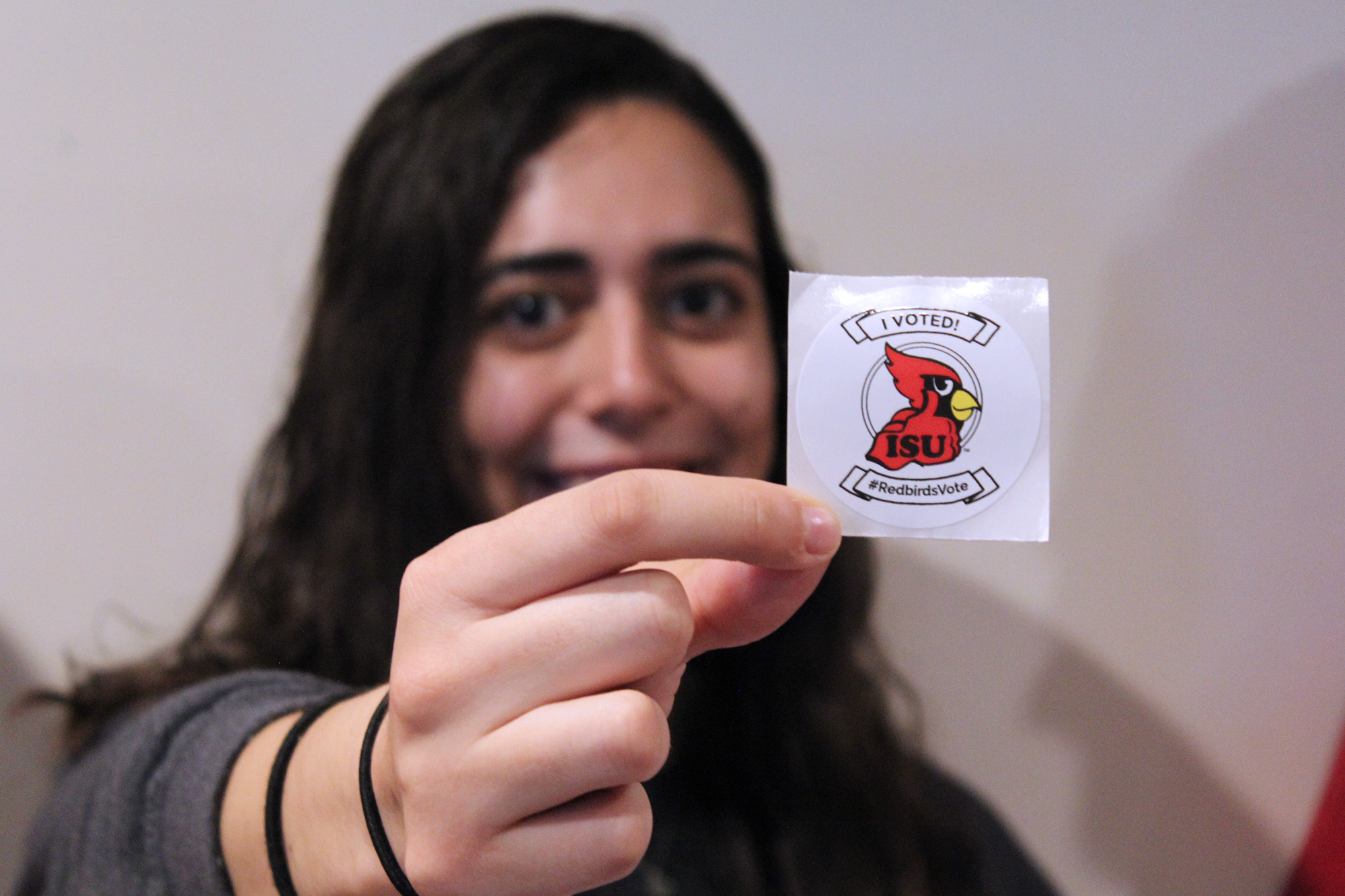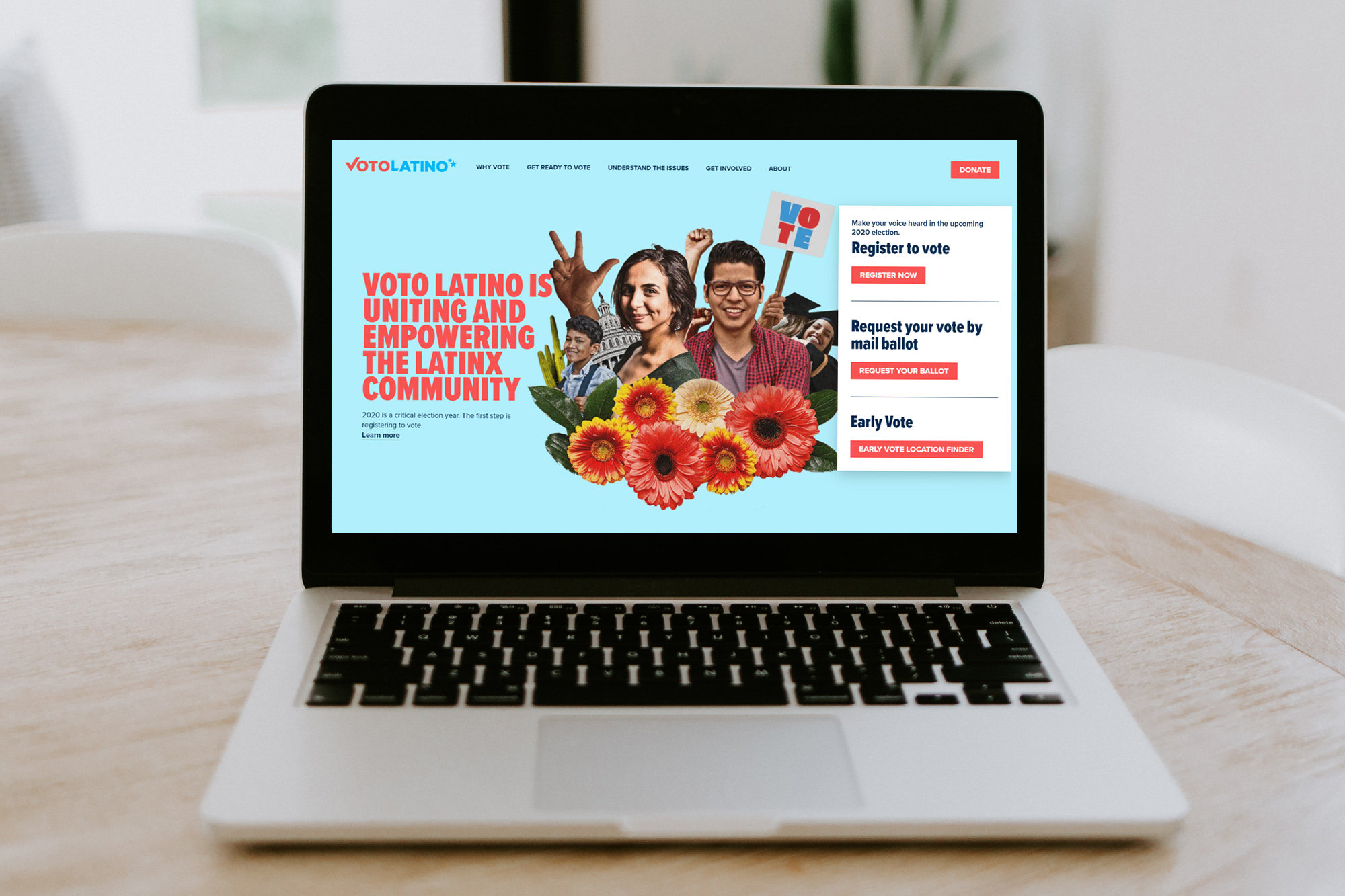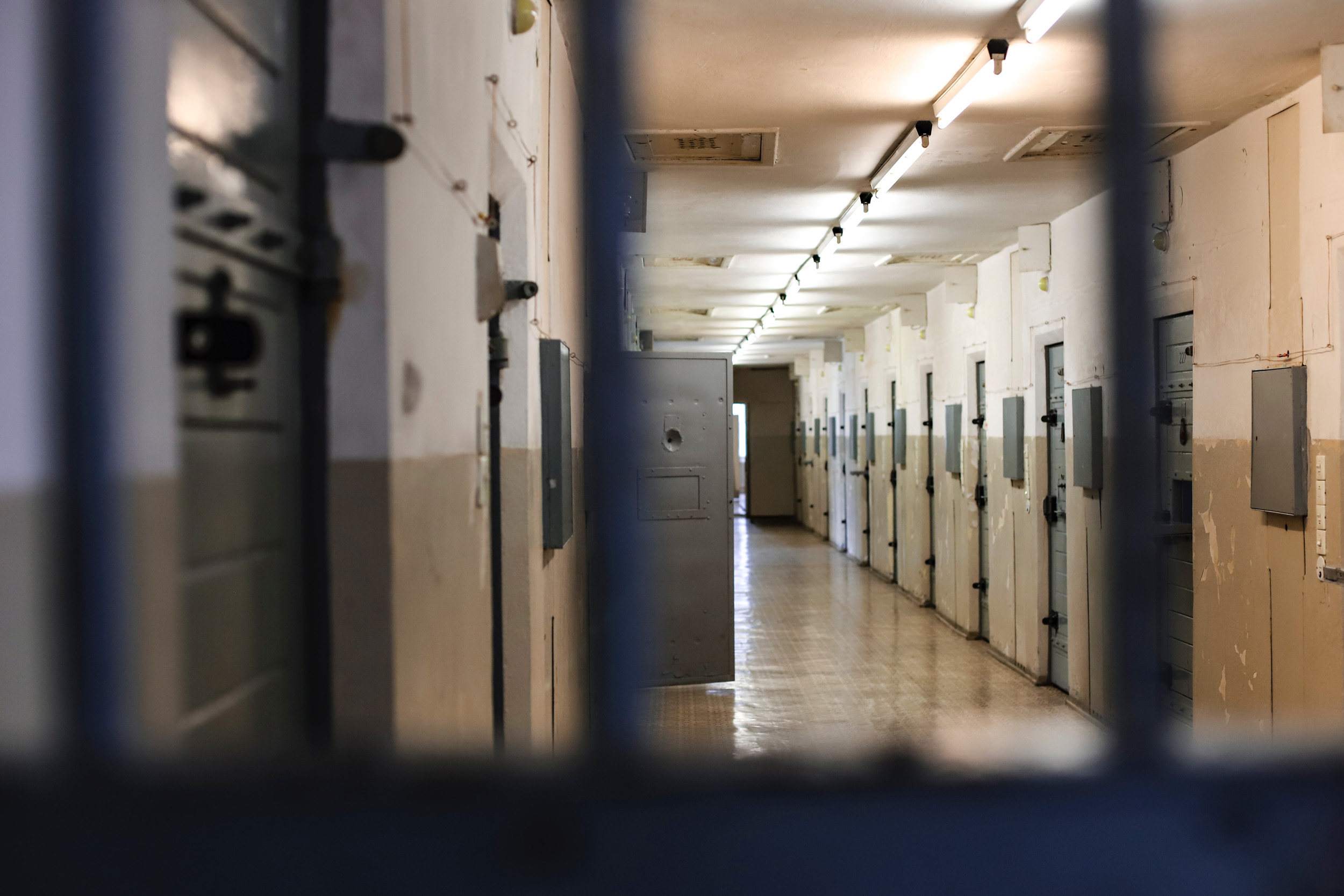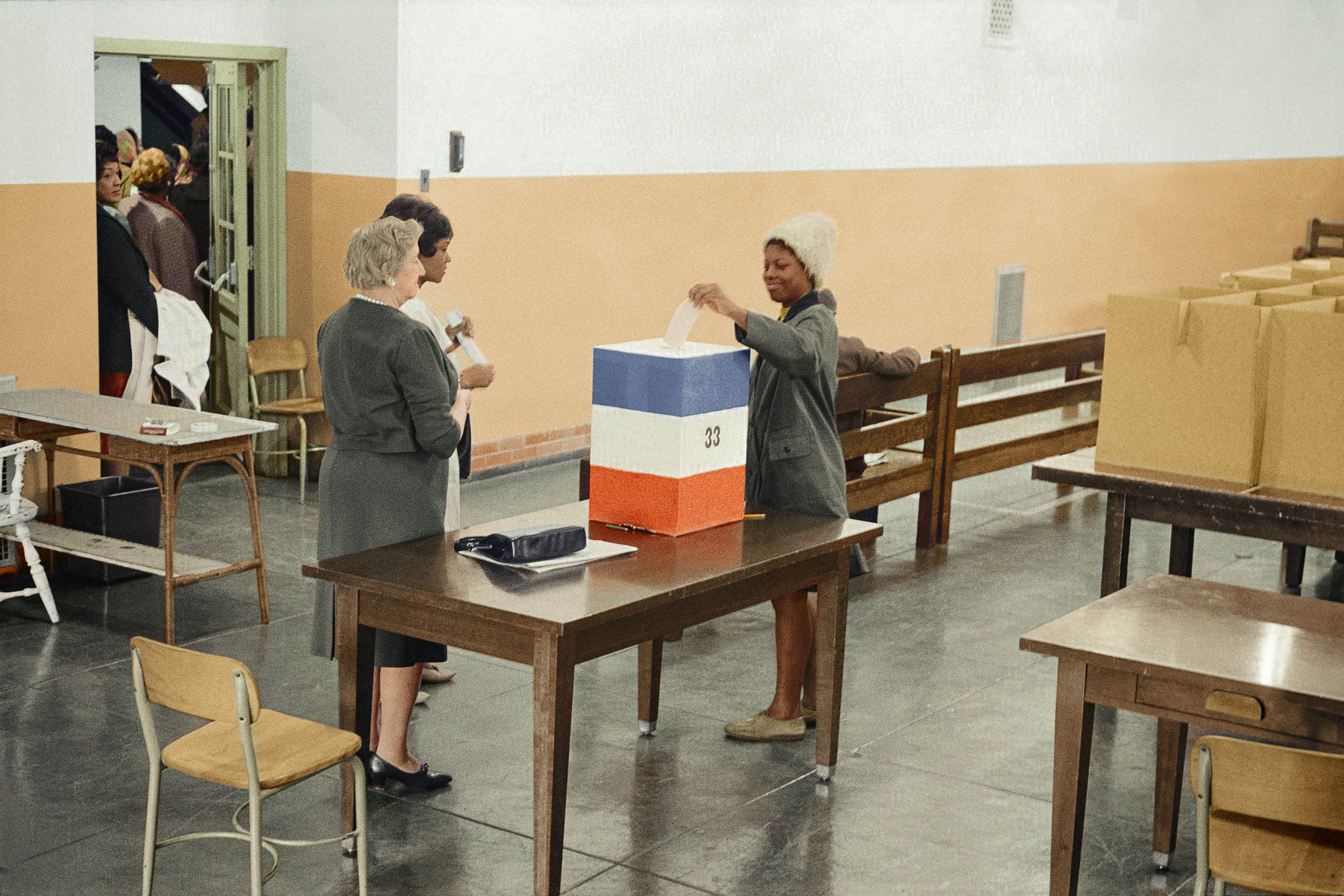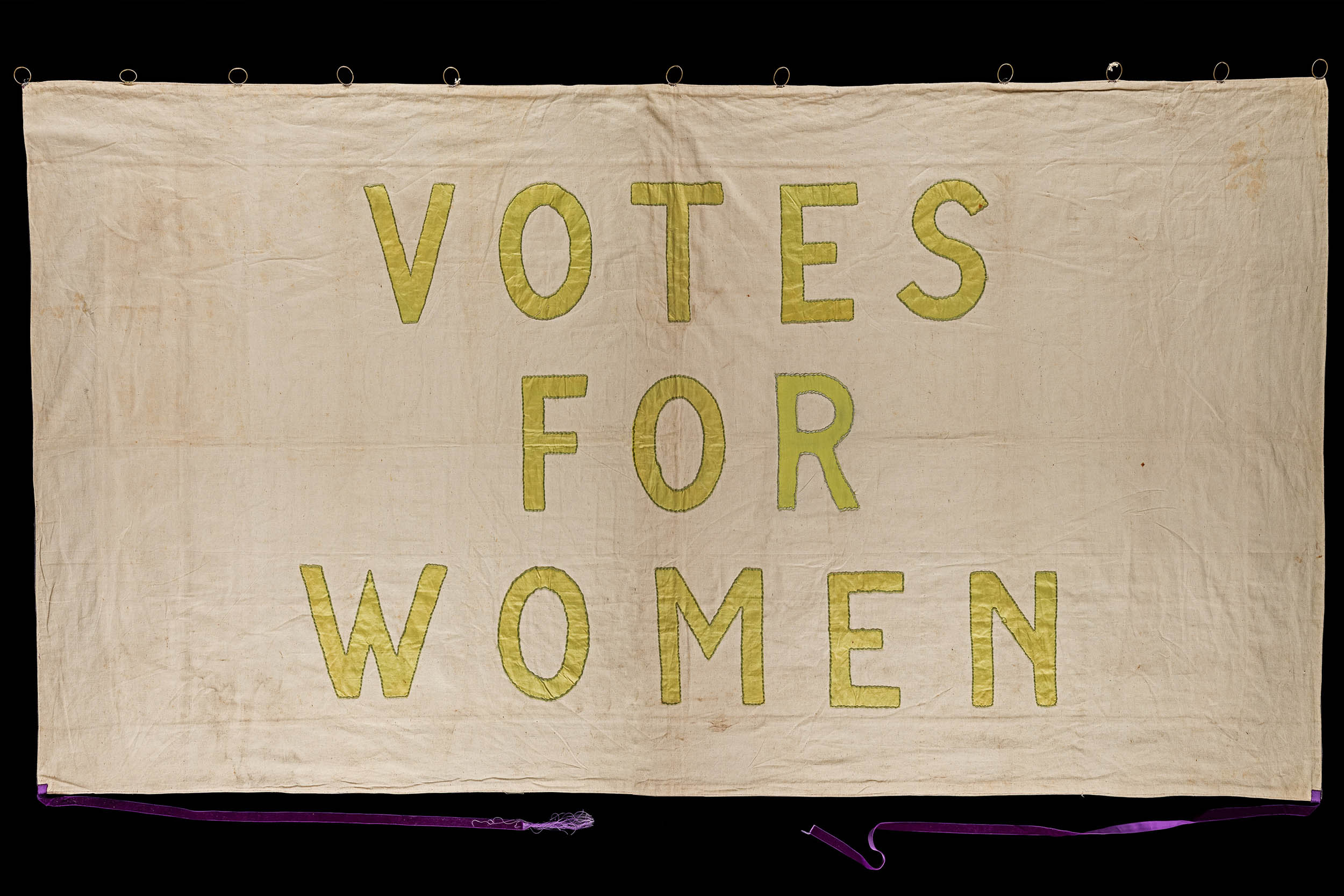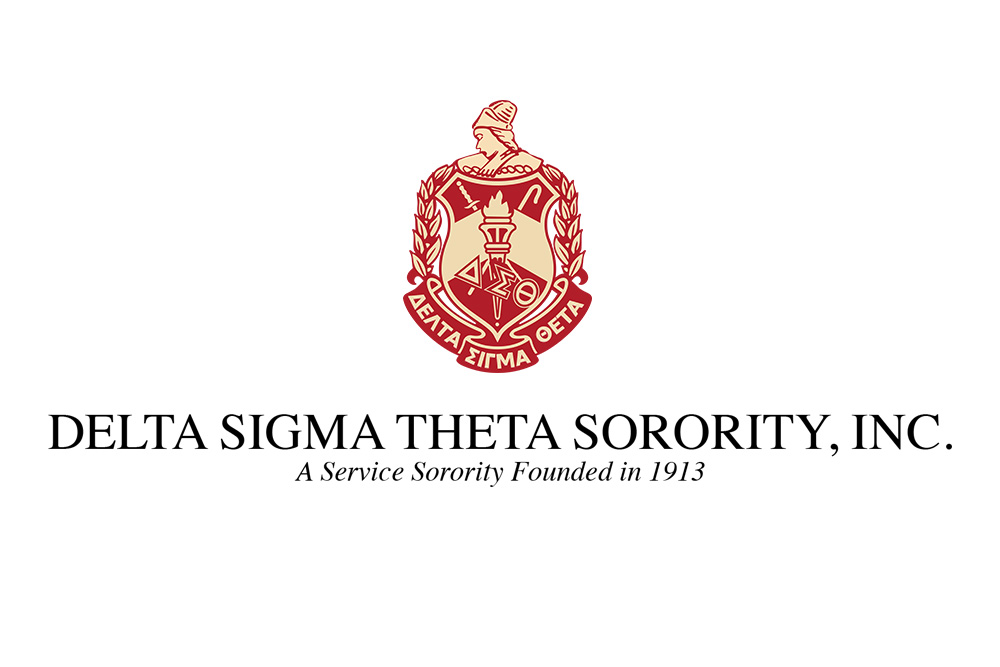Historically, the term "voter restoration" has been associated with returning voting rights to individuals with felony convictions. Through the Voter Restoration Initiative, however, the Voter Engagement Coalition seeks to extend the term and to broaden the conversation.
Throughout the election process, we will acknowledge the histories and legacies of voter suppression within marginalized communities that discourage citizens from participating in the present-day voting process. We will highlight the challenges and resilience of communities across the country who are still not able to vote, even though they have the legal right to do so. Through community storytelling and dialogue, we hope to encourage important conversations that will ultimately raise the voices that our nation has historically silenced.
The Voter Restoration Initiative reflects the intersection of two of Illinois State's core values, civic engagement and diversity and inclusion, by acknowledging the sociohistorical legacy and present-day experiences of power and oppression within the American political voting system.
